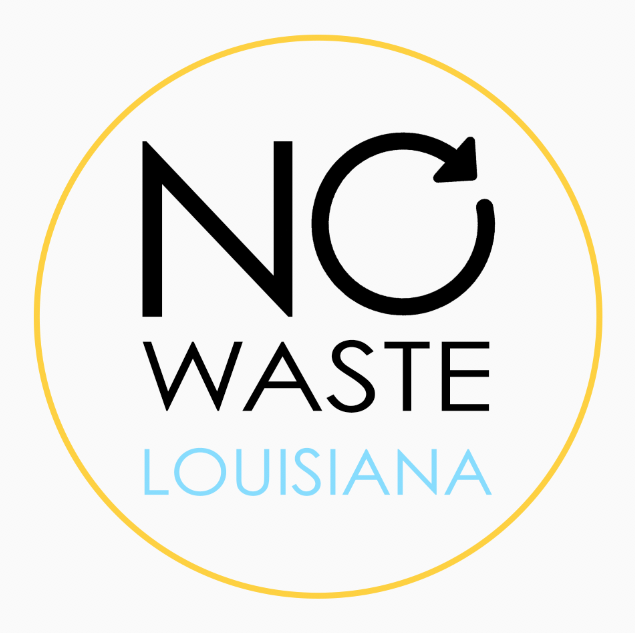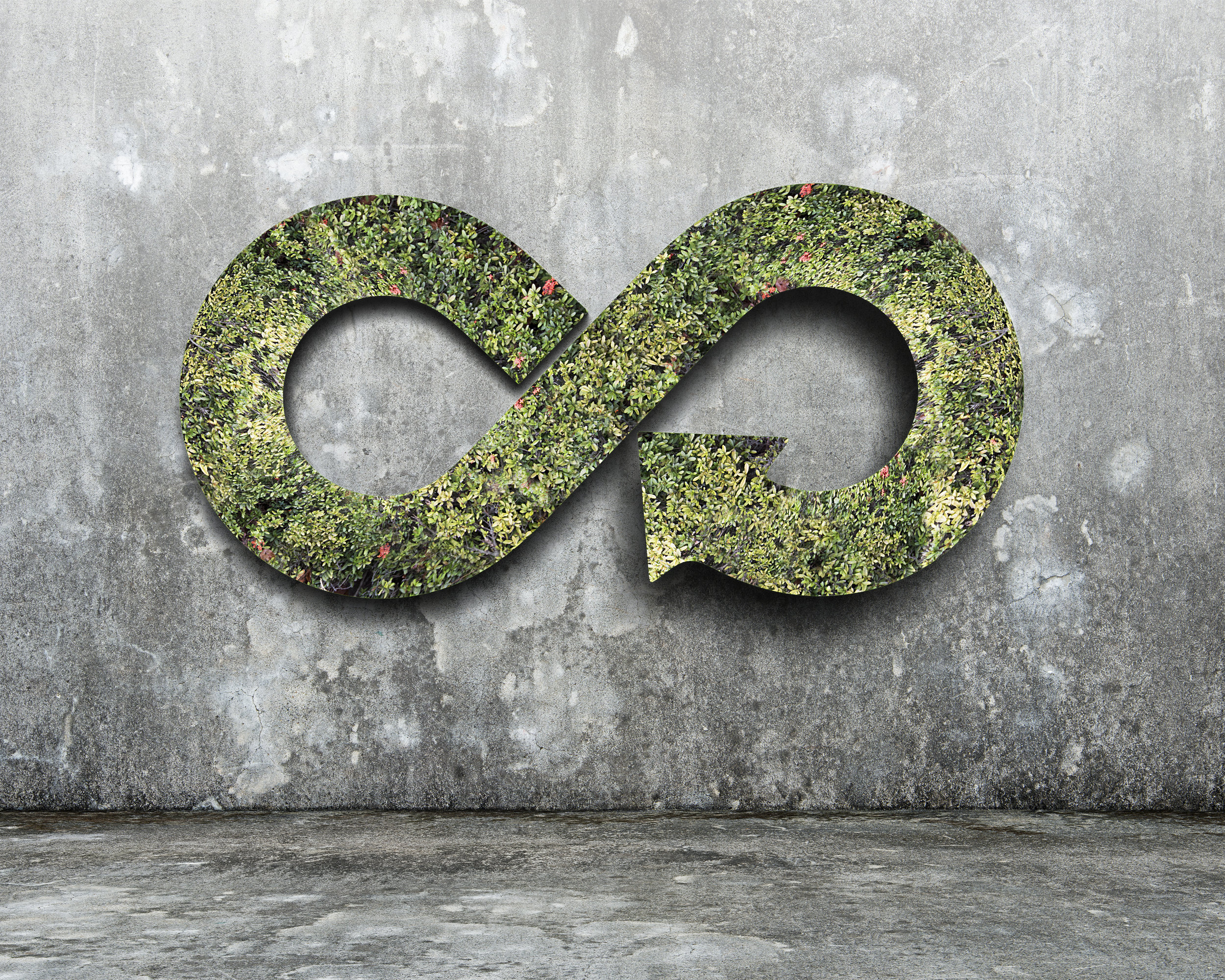Zero Waste is…
The Zero Waste International Alliance defines “zero Waste” as:
designing and managing products and processes to systematically avoid and eliminate the volume and toxicity of waste and materials, conserve and recover all resources, and not burn or bury them.
In short: a community that is “zero waste” send nothing - or as little as possible - to a landfill. It also means that nothing - or close to nothing - is released or emitted into the air or water. Zero waste communities work together to prevent the creation of discarded materials; to collect and recover any leftover materials that would otherwise be “waste”; and to reuse, repurpose, or truly recycle those leftover materials into resources that can continue to be reused.
ECONOMICAL
Cities, communities, and even individuals in Louisiana have an incredible power: to envision an alternative future for our state. Together, we can design systems and tools for our neighborhoods that prevent the need for waste, that protect our children’s health and our local environments, and that will save money in the short and long term.
Create new business opportunities: Citywide reusable cup or container systems
Reduce business expenses: Allow customers to bring their own cups and containers for refill of prepared food
Save taxpayer money spent on waste management: stop resources from getting dumped into landfills
Reduce healthcare costs: less pollution in landfills or lose in environment reduces air and water pollution that can be toxic
EQUITABLE
The creation and management of waste is often an environmental injustice throughout the life cycle of these materials - especially when it comes to single-use items, like paper and plastic packaging and food containers.
This injustice is a function of systemic racism and economic oppression. Nationally, waste management facilities (including landfills, recycling plants, and incinerators) are intentionally cited nearest communities of color, regardless of income level. In Louisiana, we feel this injustice most acutely: A significant percentage of the world’s plastic, petrochemicals, and refined oil is produced in this states, and these facilities are also most commonly cited near communities of color. Poor families are further hurt by this system, as these facilities are both very near their houses and parks, and essential health services are more difficult to access for impoverished families.
By adopting reusable systems, we move closer to environmental equity across all neighborhoods, ensuring that health and safety is much better protected across all groups.
VISIONARY
We all have dreams, and we are all creative in some way. We have the ability to paint a shared picture of what a city without waste in Louisiana can look like. We can dream up neighborhoods where resources are conserved, everyone’s needs are met, and people are healthy.
Adopting a zero waste system requires Louisiana communities to come together and vision an alternative system to the one forced on us by corporate priorities. By turning this shared dream into a reality, we empower ourselves and show respect to each other - and we get to be messy, creative, and fun while doing it!

